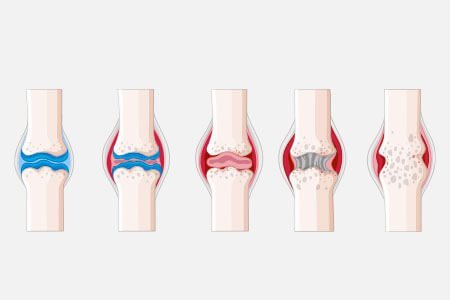Osteonecrosis of the knee
Causes, Symptoms, Risk Factors, Complications, Prevention, Diagnosis and Treatment
What are the symptoms of Osteonecrosis of the knee?
Common symptoms that indicate an individual is suffering from osteonecrosis include:
- Sudden pain in the affected area
- Increased pain at night
- Swelling, sensitivity in the affected area
- Limited range of motion
- Pain in the joints that may become severe
- In some cases, pain occurs even while resting the knee
- In case the hip joint is affected, pain in the groins is common
- Limping
- Overall difficulty in movement





 Appointment
Appointment WhatsApp
WhatsApp Call
Call More
More